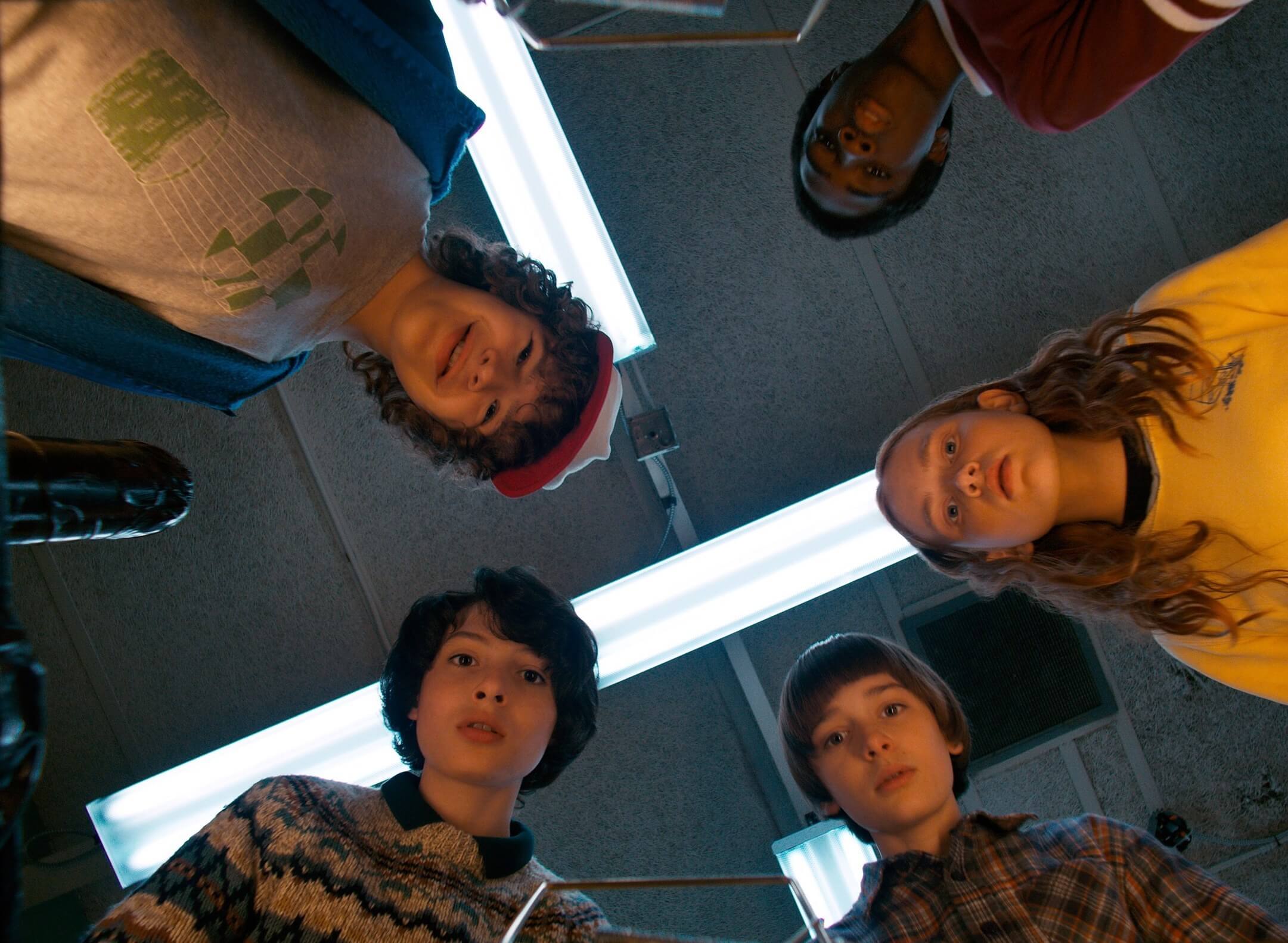From hero to zero: When Netflix premiered Stranger Things it became an overnight phenomenon generating millions of fans and even more in licensing revenue. Everyone knew Telltale was planning a game based on the show, but another game was being secretly produced by indie developer Night School Studio. Here's how it disappeared.
It was nearly a year ago that producer Telltale Games announced it was working on a title based on Netflix's original series Stranger Things. Little did we know that only a few months later the company would begin floundering before eventually closing without notice.
Even lesser known was the impact that Telltale's closure would have on another Stranger Things video game from a completely different studio. An exposé by The Verge reveals that at the same time that Telltale was working on its version of Stranger Things, Night School Studio, maker of the successful and brilliant Oxenfree, was also working on a Stranger Things project.
Night School was founded by Sean Krankel from Disney Interactive Studios and Adam Hines from Telltale. Through their collective connections, they were able to broker a deal to develop a Stranger Things game that would tie into the title that Telltale was working on. In fact, Telltale agreed to fund the project.

Sources who worked on the title described the game as branching away from Telltale's choose-your-own-adventure formula that was becoming stale, to a "more free-roam, mini-open world" experience while maintaining the classic branching narrative. The game was to take place between seasons 2 and 3 and would tie into Telltale's title via a game save. So decisions made in Night School's version would affect what happened in Telltale's right from the start.
Unlike the game that had already been announced, Night School's 13 employees worked on the project in secret. Even though it was technically a Telltale IP, the marketing that they had planned was going to downplay or completely hide Telltale's involvement.
"We actually were hoping that people wouldn't know it was a Telltale game," the sources said. "It was supposed to look like something brand new, feel different... It was staying true to our roots while trying to push into a new place that would attract a wider fan base."
The first indications that something was wrong was when Telltale missed payments after Night School hit its first three milestones. Even still, the studio did not think its partner was in trouble. Having experience in these matters, Night School knew missed payments occur sometimes. Due to a lack of communication from Telltale, Night School did not expect the former was in trouble.
"We had zero warning. We had no idea that anything was amiss over [at Telltale]. Neither did any of their team, anybody that we dealt with, all the way up."
"It really wasn't overall that concerning," said the insiders of the late payments. "It definitely didn't point at the studio going under."
Then, virtually overnight, Telltale closed shop, scuttling Stranger Things in the process.
"We had zero warning," one of the Night School staff said. "We had no idea that anything was amiss over [at Telltale]. Neither did any of their team, anybody that we dealt with, all the way up."
And just like that Night School's project was dead in the water and the studio was forced to take a loss. At first, the team was in "limbo," not sure if they should continue or shelve it. However, it soon became apparent that Telltale would not be extending funding.
Night School Studio still has all the work it had completed, but ultimately it belongs to Telltale, so it will likely never see the light of day.
"We went very quickly from having an original IP we were very excited about, and then working on arguably the biggest IP out there TV-wise, to then that thing going away and us losing a ton of money that was extremely impactful to us."
